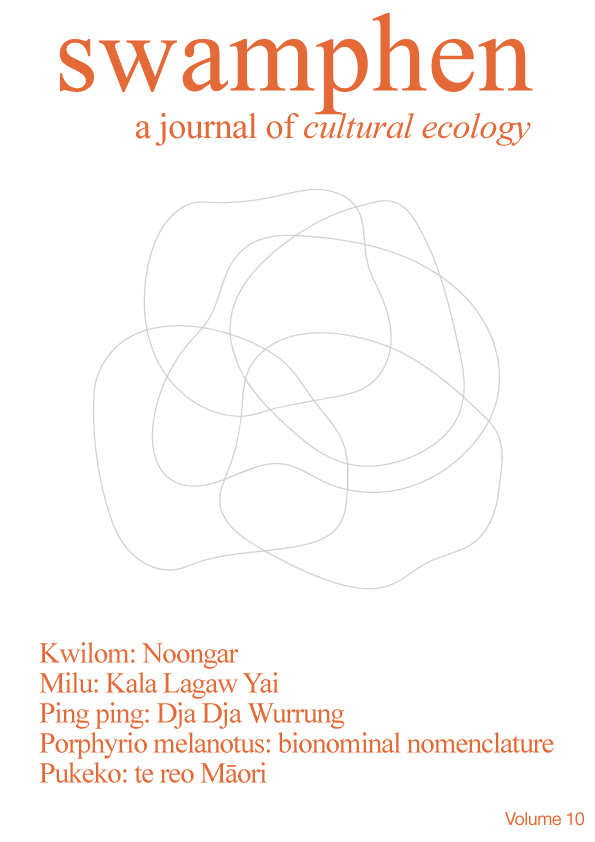Contagious Collaborators and Microbial Kin
Re-worlding in the Company of Infectious Agents beyond the COVID-19 Pandemic
Keywords:
COVID-19, COVID-19 lockdown, Posthumanism, collaboration, virus, multispecies, transdisciplinary, speculative futures, multi-modalAbstract
Exploring the incursion of SARS-2 COVID-19 into human cultures at the beginning of 2020, this paper investigates how microbial, and specifically viral, worlds might be positioned as beneficial companions in telling the stories of our times and radically reconfiguring what possible futures come next. While most intellectual efforts to understand COVID-19 have had the intention to control, suppress or eradicate it, approaching the pathogen through a posthumanist framework enables the consideration of what viral worlds might invite if approached as a collaborative agency, rather than adversary. How might thinking with and through COVID-19 reconfigure relations between human and non-human worlds in not just the present but also the future? Creating the opportunity for an experiential encounter with this question, Emissary 2920 (E2920) was a participatory, multiplatform, and pervasive two-week experience delivered to local audiences experiencing the rolling lockdowns of 2020 in Narrm/Melbourne. This work positioned participants as time-travelling emissaries from the future Institute of Human-Viral Relations who had volunteered to complete field work and gather experiential, sensory data from within the COVID-19 pandemic.
Published
Issue
Section
License
Authors who publish with this journal agree to the following terms:- Authors retain copyright and grant the journal right of first publication with the work simultaneously licensed under a Creative Commons Attribution License that allows others to share the work with an acknowledgement of the work's authorship and initial publication in this journal.
- Authors are able to enter into separate, additional contractual arrangements for the non-exclusive distribution of the journal's published version of the work (e.g., post it to an institutional repository or publish it in a book), with an acknowledgement of its initial publication in this journal.
- Authors are permitted and encouraged to post their work online (e.g., in institutional repositories or on their website) prior to and during the submission process, as it can lead to productive exchanges, as well as earlier and greater citation of published work (See The Effect of Open Access).

